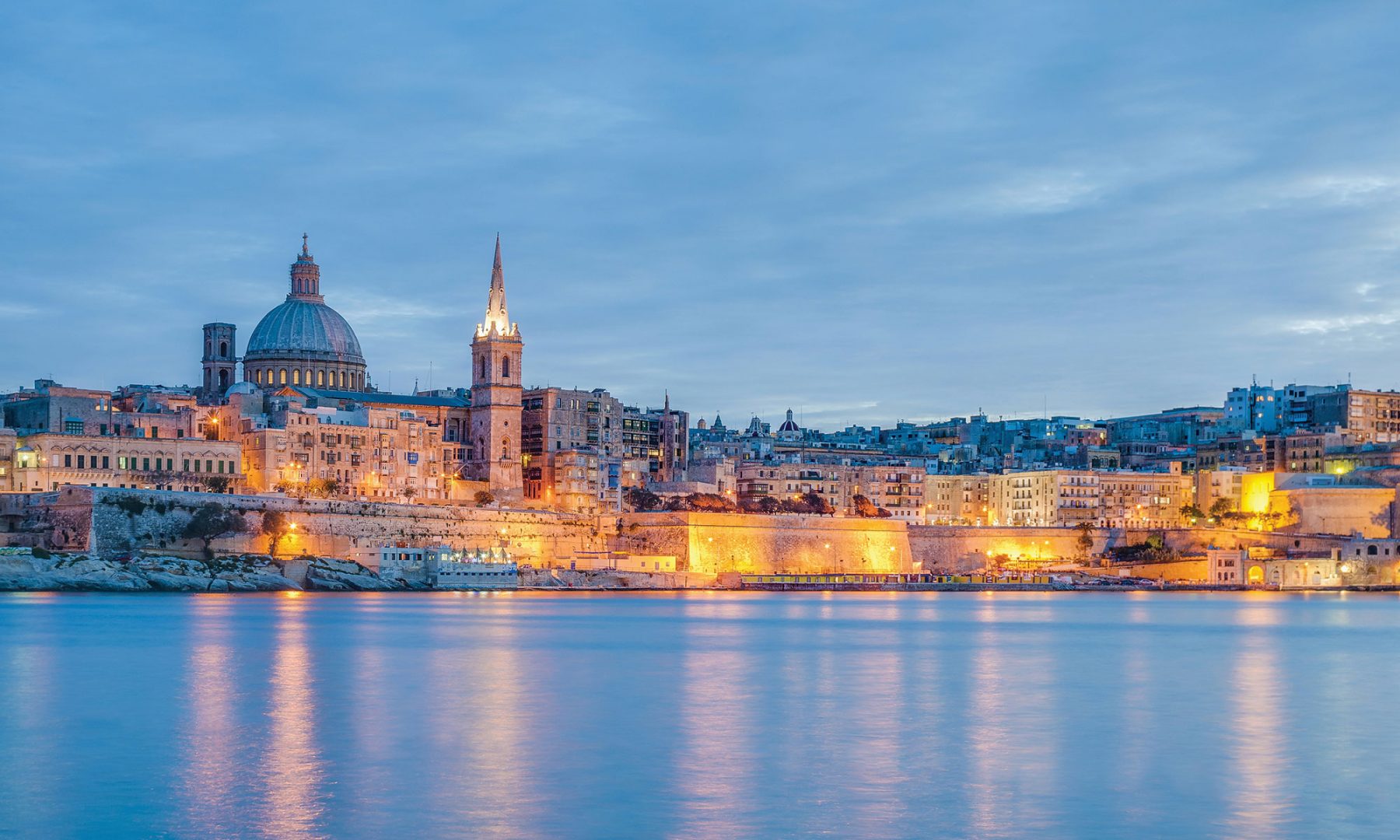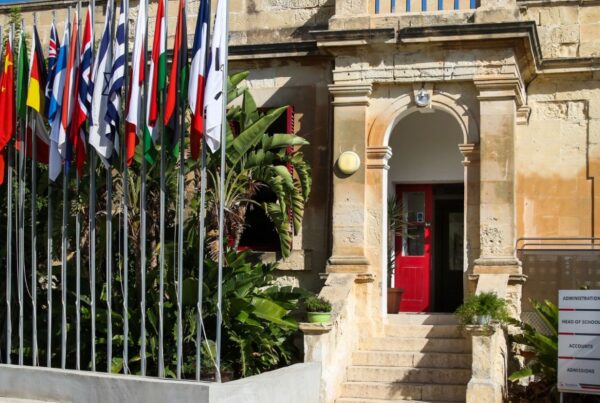 如果您点击这里,此页面将被翻译成中文。
如果您点击这里,此页面将被翻译成中文。
 如果您点击这里,此页面将被翻译成中文。
如果您点击这里,此页面将被翻译成中文。
 如果您点击这里,此页面将被翻译成中文。
如果您点击这里,此页面将被翻译成中文。
 如果您点击这里,此页面将被翻译成中文。
如果您点击这里,此页面将被翻译成中文。
Cultures in Malta
Malta has a population of about 514,000 people, with a mix of locals and expatriates. The population density is high due to the small land area.
Countries:
Malta is home to a diverse mix of nationalities, reflecting its historical role as a Mediterranean crossroads and its modern appeal as a hub for business, education, and lifestyle. Here’s a look at some of the key countries represented among the expatriate and immigrant communities in Malta:
European Union Citizens
United Kingdom:
A significant British community exists due to historical ties from Malta’s time as a British colony.
Many British expatriates are retirees attracted by the favorable climate and English-speaking environment, as well as professionals working in finance, gaming, and other sectors.
Italy:
Italians are one of the largest foreign communities in Malta, drawn by proximity, cultural similarities, and job opportunities, especially in hospitality, retail, and the culinary industry.
Germany:
German expatriates are present, often working in IT, gaming, and corporate sectors. The high quality of life and favorable business environment attract many Germans to Malta.
France:
French nationals in Malta are typically involved in business, education, and creative industries. French schools and cultural associations help maintain their community ties.
Non-EU Nationals
Philippines:
The Filipino community in Malta is growing, with many working in healthcare, domestic services, and hospitality. They form a close-knit community with active social and cultural networks.
India:
Indian nationals are increasingly moving to Malta, particularly for opportunities in IT, finance, and business services. Indian restaurants and cultural events are becoming more common.
North African Countries (e.g., Libya, Egypt):
Malta’s proximity to North Africa means there are expatriates from countries like Libya and Egypt. They are often involved in business, trade, and professional services.
Other Notable Nationalities
Serbia and the Balkans:
Individuals from Serbia and other Balkan countries are present, often working in construction, hospitality, and service industries.
Russia and Eastern Europe:
Russians and other Eastern Europeans are attracted to Malta for its investment opportunities, favorable tax regime, and pleasant climate. Many work in real estate, tourism, and corporate sectors.
China:
The Chinese community is growing, with individuals involved in business, trade, and investment. There are also Chinese students attending local universities.
Students and Digital Nomads
International Students:
The University of Malta and various language schools attract students from all over the world, including Europe, Asia, Africa, and the Americas. This contributes to Malta’s multicultural environment.
Digital Nomads:
Professionals from various countries are choosing Malta as a base due to its strategic location, robust internet infrastructure, and attractive lifestyle. This group includes people from the US, Canada, Australia, and many European countries.
Religion:
Malta has a rich religious heritage, predominantly shaped by its historical and cultural background. Here’s an overview of the various religions present in Malta:
Roman Catholicism
Predominant Religion:
Roman Catholicism is the state religion of Malta and deeply influences its culture and traditions. Approximately 95% of the population identifies as Catholic.
Malta has a high concentration of churches, with over 360 across the islands, including notable ones like St. John’s Co-Cathedral in Valletta and the Rotunda of Mosta.
Religious Practices:
Regular mass attendance and participation in sacraments are common. Major religious festivals and events, such as Easter and Christmas, are widely celebrated.
The island also hosts numerous village feasts (festi), dedicated to patron saints, featuring processions, fireworks, and communal activities.
Other Christian Denominations
Protestant and Evangelical Communities:
Small communities of Protestants and Evangelicals exist, including Anglican, Methodist, and Pentecostal churches.
St. Paul’s Pro-Cathedral in Valletta serves the Anglican community.
Eastern Orthodoxy:
The Eastern Orthodox Church has a presence in Malta, serving expatriates and immigrants from Eastern Europe and the Balkans.
Services are conducted in various languages, including Greek and Russian.
Islam
Muslim Community:
Malta has a growing Muslim population, comprising immigrants from North Africa, the Middle East, and South Asia, as well as some local converts.
The Mariam Al-Batool Mosque in Paola is the main mosque, providing religious services, community activities, and education.
Cultural Integration:
The Muslim community actively participates in interfaith dialogue and cultural exchange programs.
Halal food options and Islamic cultural centers are available, supporting the needs of the Muslim population.
Judaism
Jewish Community:
The Jewish community in Malta is small but active, with a history dating back to Roman times.
The Chabad Malta organization provides religious services, education, and community events. There is a synagogue located in Ta’ Xbiex.
Hinduism, Buddhism, and Other Religions
Hindu Community:
The Hindu community is mainly comprised of expatriates from India and Nepal, involved in various professions.
Festivals such as Diwali are celebrated within the community.
Buddhism:
A small Buddhist community exists, including practitioners from various traditions such as Tibetan, Zen, and Theravada.
Meditation centers and groups offer regular sessions and retreats.
Secularism and Atheism
Non-religious Population:
There is a growing number of secular and non-religious individuals in Malta, reflecting a global trend towards secularism.
Organizations promoting secularism and humanism are active, engaging in discussions about the role of religion in public life.
Interfaith and Ecumenical Activities
Interfaith Dialogue:
Malta encourages interfaith dialogue through various platforms and organizations, promoting understanding and cooperation among different religious groups.
The Malta Interfaith Council organizes events and discussions to foster mutual respect and coexistence.
Ecumenical Efforts:
Christian denominations often engage in ecumenical activities, working together on social issues, charity, and community projects.
Legal and Social Framework
Religious Freedom:
The Maltese Constitution guarantees freedom of religion, allowing individuals to practice their faith openly and without discrimination.
Religious education is part of the school curriculum, though parents can opt out on behalf of their children.
Social Integration:
Malta’s society is generally tolerant and inclusive, though there can be challenges related to integration and acceptance of minority religions.
Efforts are ongoing to promote inclusivity and respect for all religious beliefs through education and community initiatives.
Overall, while Roman Catholicism remains the dominant religion in Malta, the presence of various other religious communities adds to the island’s rich cultural tapestry, fostering an environment of diversity and mutual respect.
European Union Citizens.

United Kingdom:
A significant British community exists due to historical ties from Malta’s time as a British colony.
Many British expatriates are retirees attracted by the favorable climate and English-speaking environment, as well as professionals working in finance, gaming, and other sectors.
Italy:
Italians are one of the largest foreign communities in Malta, drawn by proximity, cultural similarities, and job opportunities, especially in hospitality, retail, and the culinary industry.
Germany:
German expatriates are present, often working in IT, gaming, and corporate sectors. The high quality of life and favorable business environment attract many Germans to Malta.
France:
French nationals in Malta are typically involved in business, education, and creative industries. French schools and cultural associations help maintain their community ties.
Non-EU Nationals
Philippines:
The Filipino community in Malta is growing, with many working in healthcare, domestic services, and hospitality. They form a close-knit community with active social and cultural networks.
India:
Indian nationals are increasingly moving to Malta, particularly for opportunities in IT, finance, and business services. Indian restaurants and cultural events are becoming more common.
North African Countries (e.g., Libya, Egypt):
Malta’s proximity to North Africa means there are expatriates from countries like Libya and Egypt. They are often involved in business, trade, and professional services.









